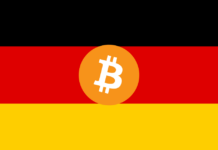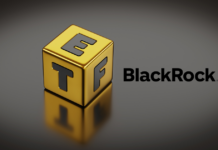According to research done by LongHash, the annual costs to mine gold costs amount to around $87.3 billion, while around $4.3 billion is spent to mine Bitcoin every year. Even though gold mining is a significantly bigger industry than Bitcoin, LongHash believes their point still stands.
At press time, the current market cap for gold sits at around $7.8 trillion, while the market cap for Bitcoin is around $112 billion. Clearly, the gold market is much larger than Bitcoin’s, and some could say that the larger market justifies the difference, but LongHash argues that this is assuming that the goal of Bitcoin mining is to enlarge its supply to meet demand.
When gold is mined, it goes through a long process of inspections via many different clearing houses and brokerages before it even gets close to consumers. With Bitcoin, “mining” secures transactions that go from peer to peer without any third-party inspections. Bitcoin’s process is much faster and requires far fewer individuals involved, and thus creates a significant difference between the energy and cost requirements of gold versus Bitcoin. Since gold’s costs are mostly seen in diesel fuel and Bitcoins in electricity, the closest comparison that can be made is golds use of 0.27% of worldwide oil consumption versus Bitcoins use of 0.07% of worldwide electricity capacity, these costs for gold end up being about 20 times more than Bitcoin’s.
Bitcoin’s energy usage is still significant, but it is comforting to see that it is nowhere near as expensive as our traditional stores of value. The results of this debate over the energy cost of Bitcoin seems to be pointing to the benefit of decentralization since the energy and costs of third parties can be done away with in many situations. For more on Bitcoin’s energy footprint, click here.




























